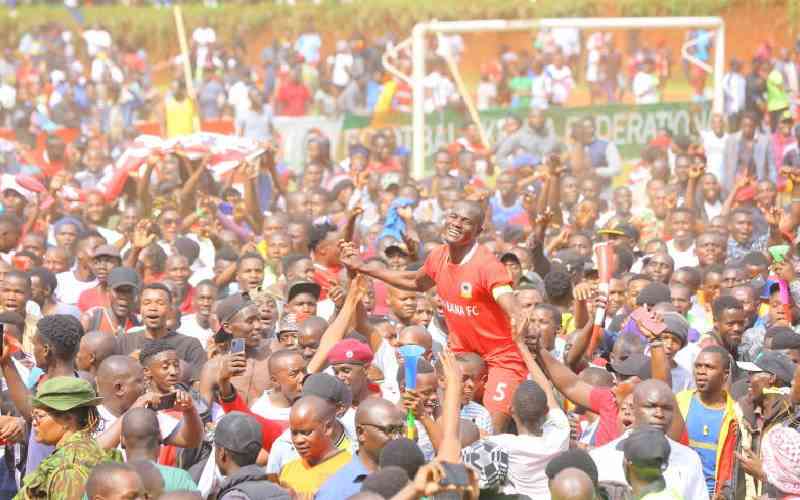
A few years ago, a top East African football leader quipped that Kenyans pretend to love the beautiful game but only pay lip serve to it. He infuriated Kenyans further by adding that the fans only converge in entertainment joints to cheer their favourite European teams at the peril of their struggling football clubs.
The uproar was huge as Kenyan fans took on him through social media. The Kenyan Premier League clubs were then languishing in financial debts, unpaid players' allowances and lack of transport. Majority of the top tier clubs could not honour some matches due to lack of money. The stadiums were empty as big matches went on without fans.